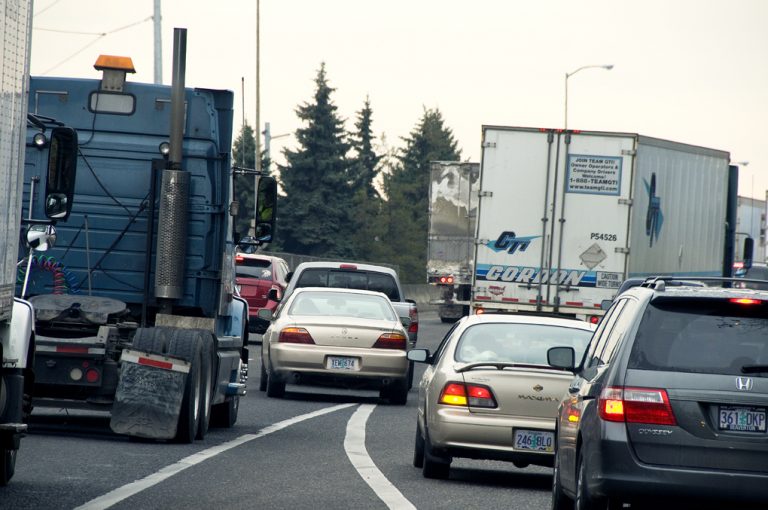Published on May 28, 2019

Self-driving vehicles are expected to significantly change the way people move between cities and suburban neighborhoods in Washington state, but it is yet to be seen whether those will be positive changes for congestion and the environment.
Fully-automated vehicles could allow large fleets of company vehicles to whisk people around city centers where space for vehicles is already limited as more people treat mobility as a service. However, it also has the potential to create congestion in suburban areas where land use and regulations are designed around private vehicle ownership.
A 2016 paper co-authored by Don MacKenzie, Assistant Professor of Civil and Environmental Engineering and director of the Sustainable Transportation Lab at UW, explored possible scenarios for self-driving cars.
UW researcher and Washington State Transportation Center director Mark Hallenbeck said there’s a joke in the transportation research community where self-driving cars could either create heaven or hell.
“Heaven is everyone has to pay for every trip essentially with cash… and no one owns their car, there are eight companies that own the cars and would happily give you a ride,” he said. “Hell is everybody owns their car, and everybody drives their car whenever they want to because the marginal cost is zero, and congestion is absurd.”
Continue reading at the Auburn Reporter.
Originally written by Aaron Kunkler for the Auburn Reporter.